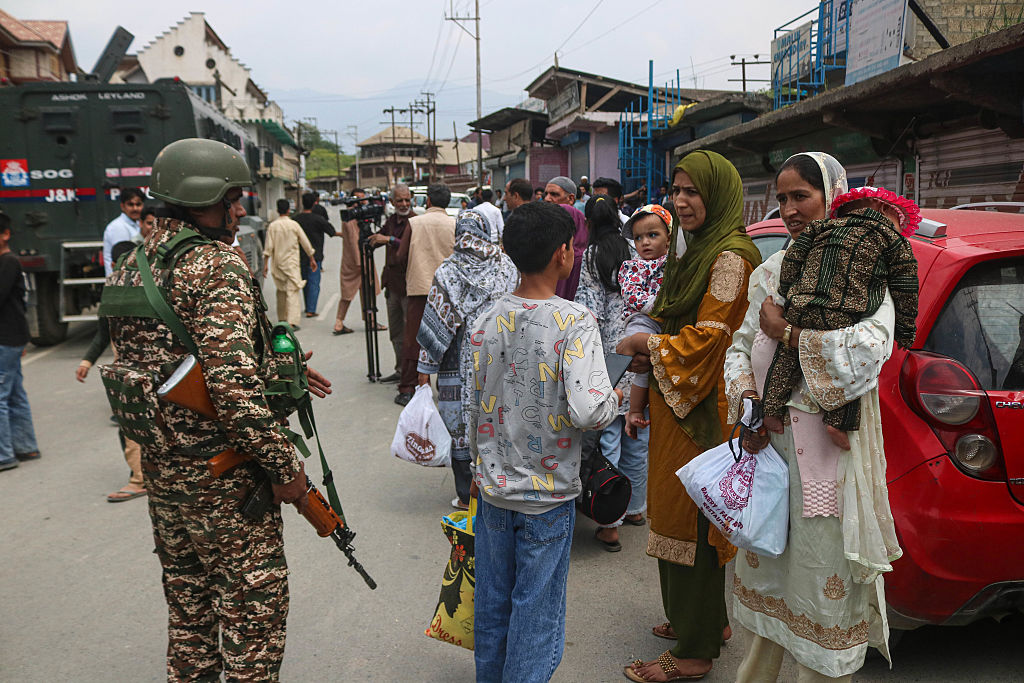Indian district requires citizens plant trees to get gun licenses
New Delhi, India – Officials in one district of the Indian state of Punjab have come up with a way of making people's passion for firearms help the environment.
To get a gun licence in the Ferozepur district, a person is now required to plant at least 10 saplings. Applicants are then required to take selfies with the trees, both when they're initially planted and a month later, to prove they are caring for the plants.
Since June 5, when the district administration launched the program to coincide with the World Environment Day, over 100 people have applied for gun licenses. 50 of them have already been approved, Chander Gaind, Ferozepur district commissioner, told CBS News.
Punjab state has the third largest number of licensed gun holders in India, with 360,000 people legally allowed to possess firearms. Over 21,000 of them are from the Ferozepur district, where the tree-planting program was launched.
"A large number of trees have been cut across Punjab to make way for wider roads," Gaind told CBS News. "We thought it may be a good idea to boost the tree plantation."
"Punjabis are crazy about big guns and big cars. We want them to be crazy about planting trees too," he said.
Gaind told CBS News he plans to require people to plant trees in order to renew their existing gun licenses as well. An average of 5000 new licences and renewals each year would mean at least 50,000 new trees in the Ferozepur district alone.
Punjab is the agricultural hub of India, one of the biggest producers of wheat and paddy. But is well short of the target green cover of 20% - one of the reasons for decreasing groundwater levels in the state. A government report has warned the state's groundwater might run dry within the next 20 years.
"We need to boost the plantation," Gaind said. "More trees eventually mean more groundwater."
Another alarming report last year by the Indian government's own think tank, NITI Aayog, warned that 21 Indian cities, including New Delhi, Chennai, Bengaluru, and Hyderabad, could run out of groundwater by as early as 2020.
Several Indian cities have been facing severe water crisis during the summers for the past few years, leading to over-exploitation of groundwater.



